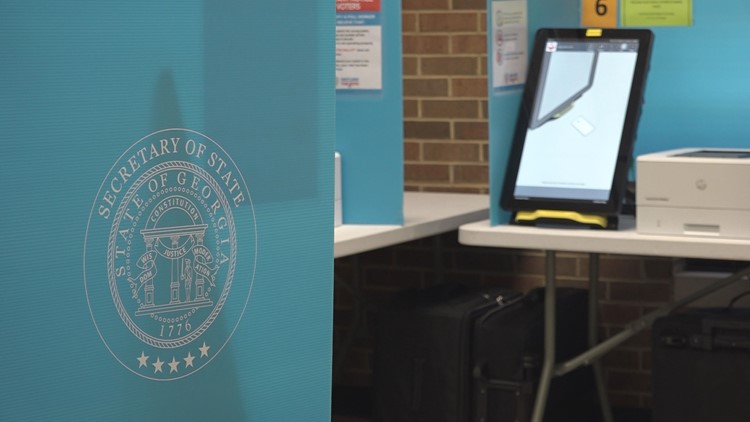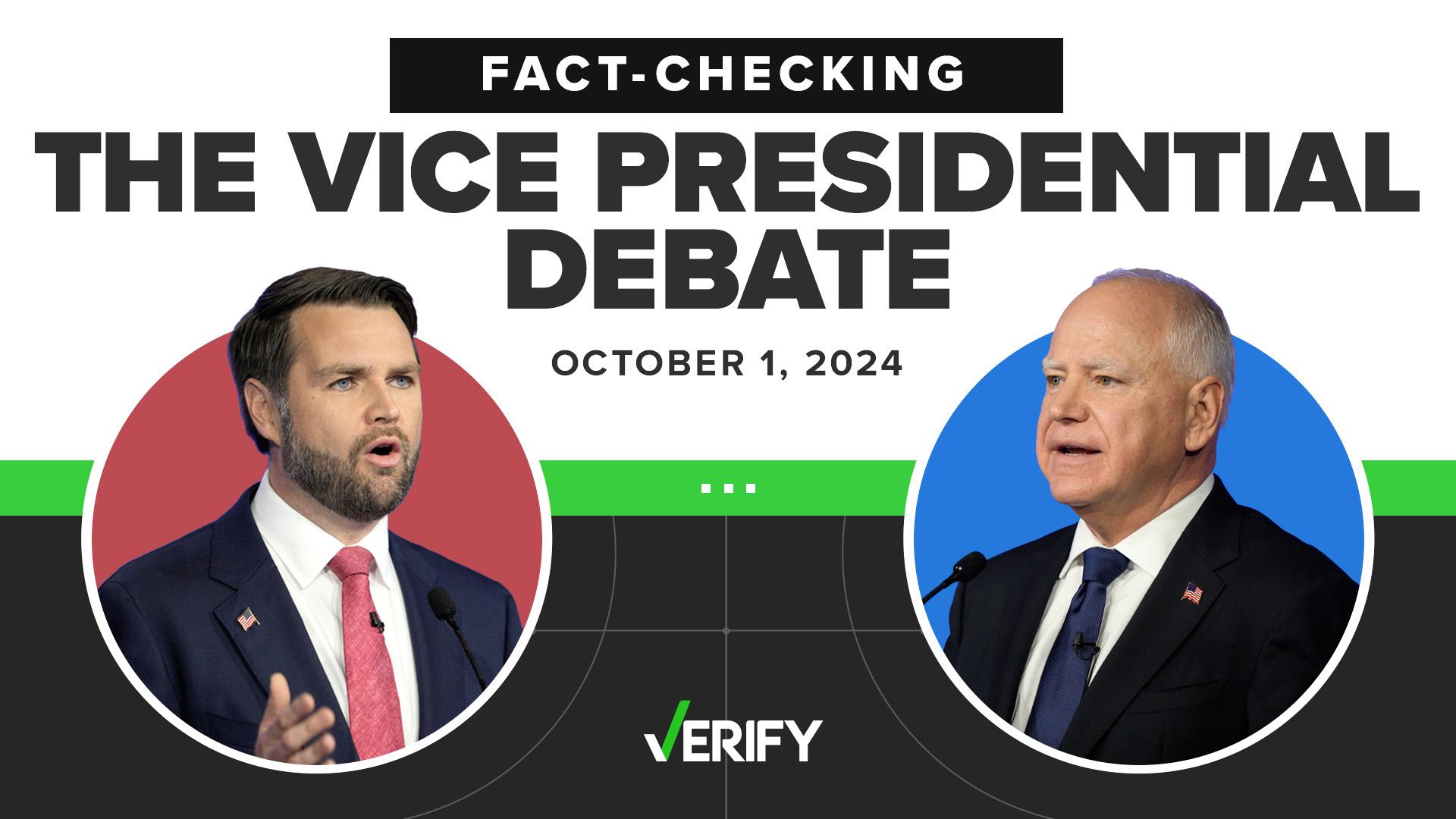MACON, Ga. — When you head to the polls, voters in Georgia likely know they'll be deciding between Kamala Harris and Donald Trump.
But further down the ballot, there are additional questions and candidates you might not be as familiar with — including ballot initiatives and amendments to the Georgia Constitution.
This year, voters in all Georgia precincts have two constitutional amendments and one other question that they'll be sharing their perspectives on when they cast their ballot.
So what are they and what would they do? Here's a breakdown:
General law state-wide homestead exemption
On the constitutional amendment front, voters will vote "yes" or "no" on this question:
"Shall the Constitution of Georgia be amended so as to authorize the General Assembly to provide by general law for a state-wide homestead exemption that serves to limit increases in the assessed value of homesteads, but which any county, consolidated government, municipality, or local school system may opt out of upon the completion of certain procedures?"
Now, it raises a good question: what does that mean?
When your property value increases — and the millage rate remains the same — your property taxes increase too.
But if this amendment passes, the new constitutional amendment would tie property tax increases not to the market but to inflation.
Essentially, if your house increases in value faster than inflation, they won't look at the increase in value. Instead, it would set your home's taxable value to the inflation rate, if that's the lower value.
The amendment would apply only to residential homes, and those who have already opted into a homestead exemption would automatically qualify. If you don't have a homestead exemption, you would have to apply for it.
Municipal and county governments along with school boards can decide they don't want the state-wide homestead exemption, so local governments still have the power to opt out.
The legislature voted to place the amendment on the ballot.
State-wide Georgia Tax Court.
On election day, voters will ask to consider this: "Shall the Constitution of Georgia be amended so as to provide for the Georgia Tax Court to be vested with the judicial power of the state and to have venue, judges, and jurisdiction concurrent with superior courts?"
If the amendment passes, it would create a new court system that works alongside the body that already handles many tax cases, County Superior Courts.
The law would allow the creation of the court, and all things that go along with it: appointing judges, hiring clerks, taking cases, etc.
Under the proposed system, the county superior court could send cases to the state-wide tax court for consideration.
This would be a change from the current body — the Georgia Tax Tribunal — which handles matters related to state taxes, but it is not part of the court system. It's part of the executive branch.
The legislature also voted to place this constitutional amendment on the ballot.
Tangible personal property tax exemption
After the constitutional amendment, there is one statewide referendum question. If passed, they don't become law; instead, they help give lawmakers an idea of how the public feels on certain issues.
Just like you can get taxes on the value of your house, you can also be taxed on your personal property. Or how Athens-Clark County defines it as "property that is not permanently affixed to and part of real estate."
With it, voters will be asked the following: “Do you approve the Act that increases an exemption from property tax for all tangible personal property from $7,500.00 to $20,000.00?”
Right now, property worth less than $7,500 is exempt from personal property taxes. The legislature is asking whether voters think that exemption should increase to property worth under $20,000.
While this will be on the ballot, the results are not binding, just gauging the public's perspective on the topic. Unlike the other questions, this will not become law even if the majority of voters vote for it.



